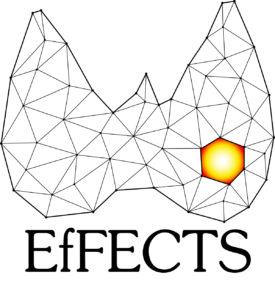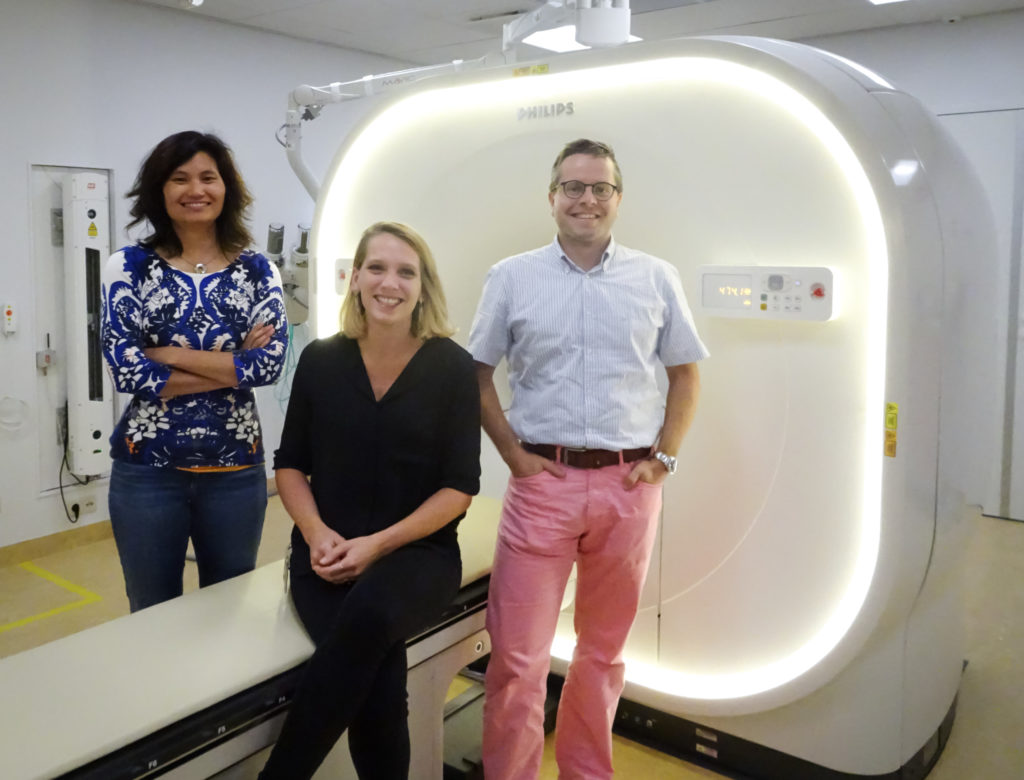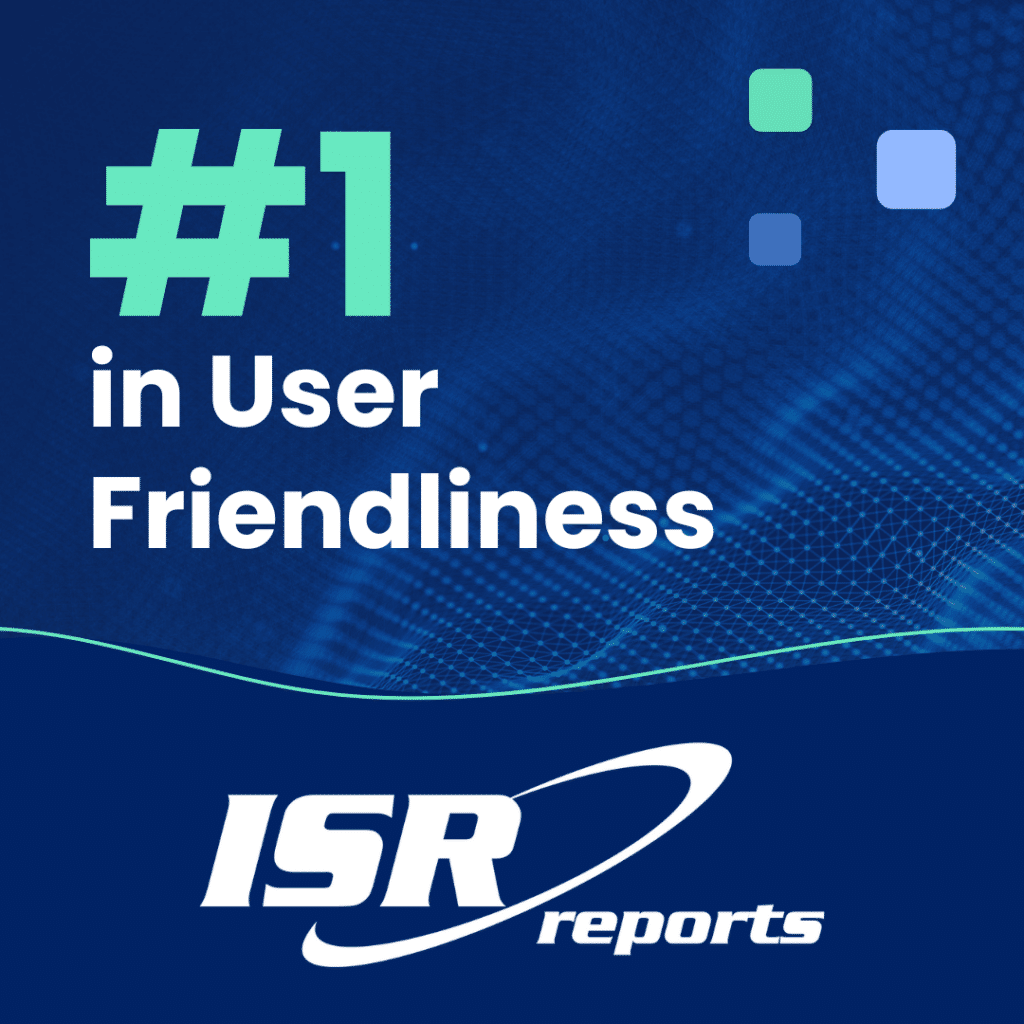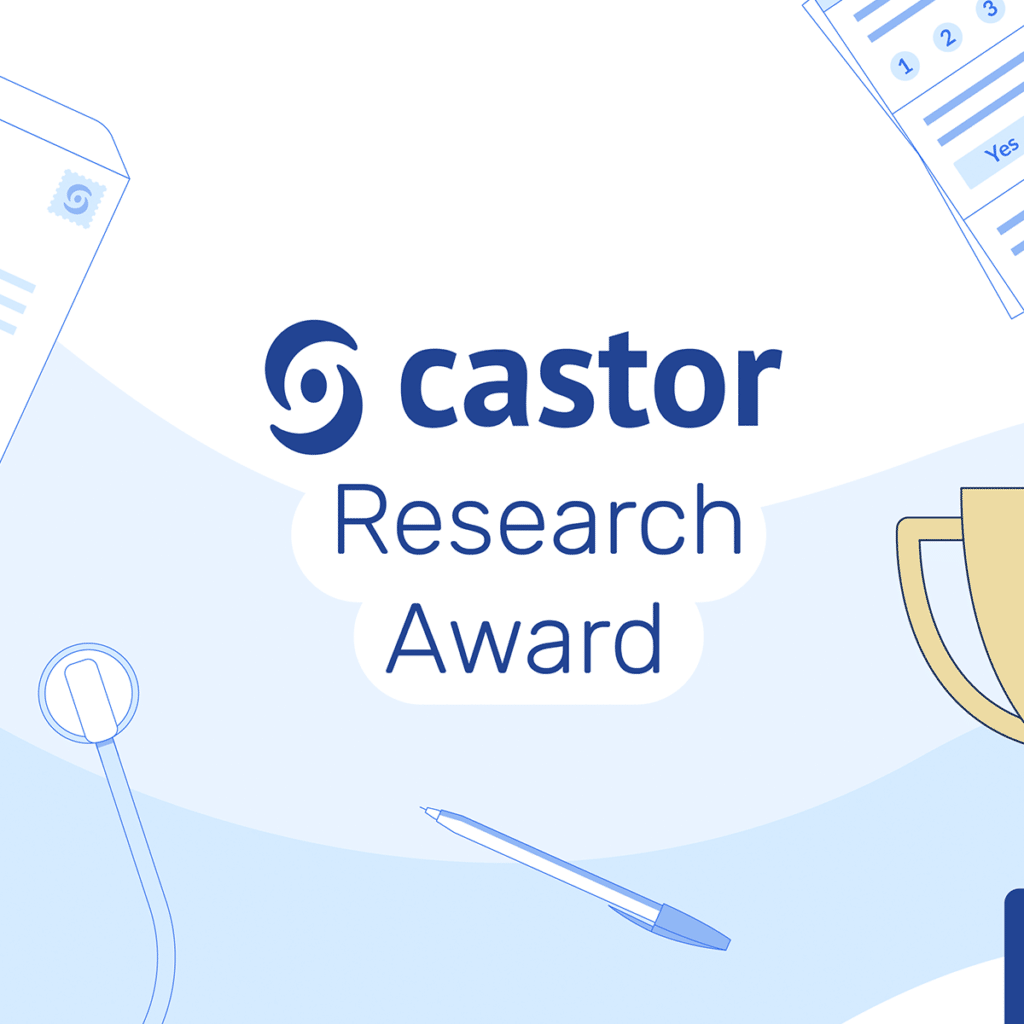This year is steadily coming to an end and it is time to announce the last nominee for the Castor Research Award. We are looking forward to welcoming all nominees in the beginning of next year to discuss the progress of their research and to select one who will receive €3000.
The last nomination is a multicenter study initiated by the Radboud University Medical Center (Nijmegen, the Netherlands). The aim is to determine the effects of functional imaging techniques on reducing unnecessary surgical interventions and the burden of healthcare costs in patients with thyroid nodules. The research team uses Castor to collect data, to randomize the participants, and to send them quality-of-life questionnaires.
EfFECTS study – Efficacy of FDG-PET in the Evaluation of Cytologically indeterminate Thyroid nodules prior to Surgery: a multicentre cost-effectiveness study

Study type: diagnostic, intervention
Study design: prospective, randomized-controlled, multicentre
Coordinating researcher: Lisanne de Koster
Initiator: Radboud University Medical Center, Nijmegen, the Netherlands
Register: Clinicaltrials.gov: NCT02208544; Dutch Cancer Society reg.nr.: KUN 2014-6514
Website: www.effects-studie.nl

Background
Only about one in four thyroid nodules with indeterminate cytology (Bethesda category III or IV) harbor a histological malignancy at diagnostic hemithyroidectomy. Thus, currently approximately three in four patients undergo surgery unbeneficially. Previous studies have suggested that FDG-PET/CT can decrease the fraction of oncologically unbeneficial procedures from ~73% to ~40%. This may decrease the direct health care costs per patient, the number of hospitalization and sick leave days, and increase health-related quality of life.
The EfFECTS trial aims to determine the impact of FDG-PET/CT on decreasing the fraction of patients undergoing unbeneficial patient management, i.e. surgery for benign disease or watchful-waiting for malignancy. Secondary objectives are surgical complication rate, consequences of incidental PET-findings, number of hospitalization and sick leave days, consumed health care volume, experienced quality of life, and genetic, cytological and (immuno)histopathological features of the nodules.
Study setup / methods
We designed a prospective, multicenter, stratified randomized-controlled, blinded clinical trial. Based on the estimated reduction in unbeneficial interventions, 132 patients are currently being included from 8 tertiary and 7 large community hospitals in the Netherlands. Patient management depends on allocation and the result of a single FDG-PET/CT scan of the thyroid region. Independent of the FDG-PET/CT-result, patients in the control study-arm are undergoing diagnostic hemithyroidectomy and subsequent treatment in accordance with the current guidelines.
Patients in the experimental study-arm, though, are subjected to FDG-PET/CT driven patient management: diagnostic hemithyroidectomy for FDG-PET/CT positive thyroid nodules and watchful waiting for FDG-PET/CT negative nodules. The latter undergo a confirmatory ultrasound after 12 months, with repeat fine needle aspiration cytology (FNAC) if indicated. All study subjects are asked to fill in questionnaires about quality of life on four occasions during their one year of follow-up.
How we are using Castor for our research
We are using Castor EDC to collect all our research data, randomize and stratify patients, send quality-of-life questionnaires, and data monitoring. Since 2015, Castor EDC offered us a fitting solution to effectively manage our multicenter trial. By providing a tailored access for each of our researchers and clinicians from the various participating hospitals, Castor EDC allows for systematized, controlled and high-quality data collection through an intuitive interface.
In addition, it keeps our researchers (i.e. local clinicians, but also the reviewing pathologists and reviewing nuclear medicine physicians) blinded to data that they are not allow to access. Meanwhile, questionnaires are automatically sent as scheduled, and unanswered questionnaires are easily checked and followed-up. Altogether, it saves the coordinating researcher (me) a lot of manual administration time and headaches, clearing the way for what’s really important: research.


